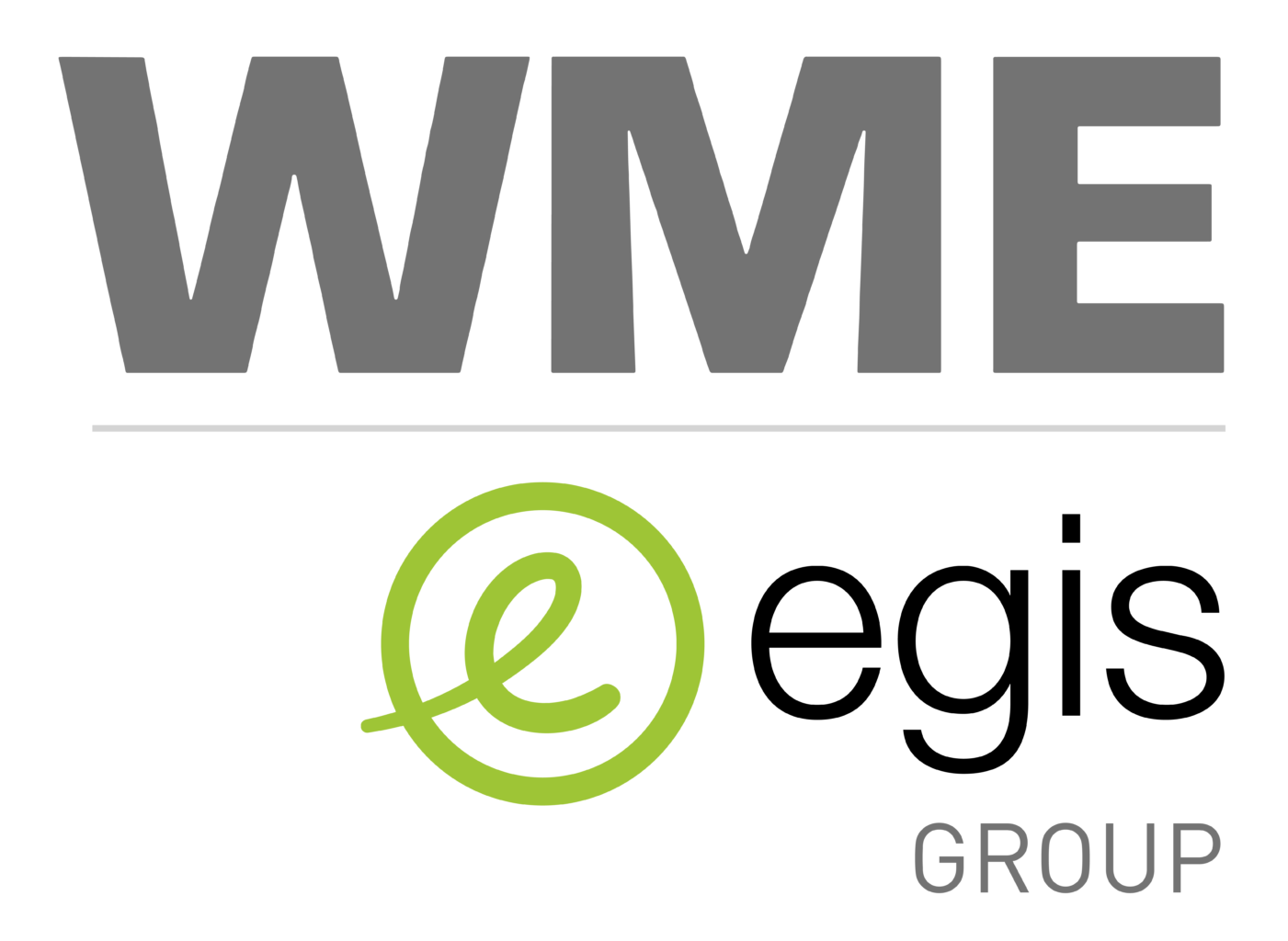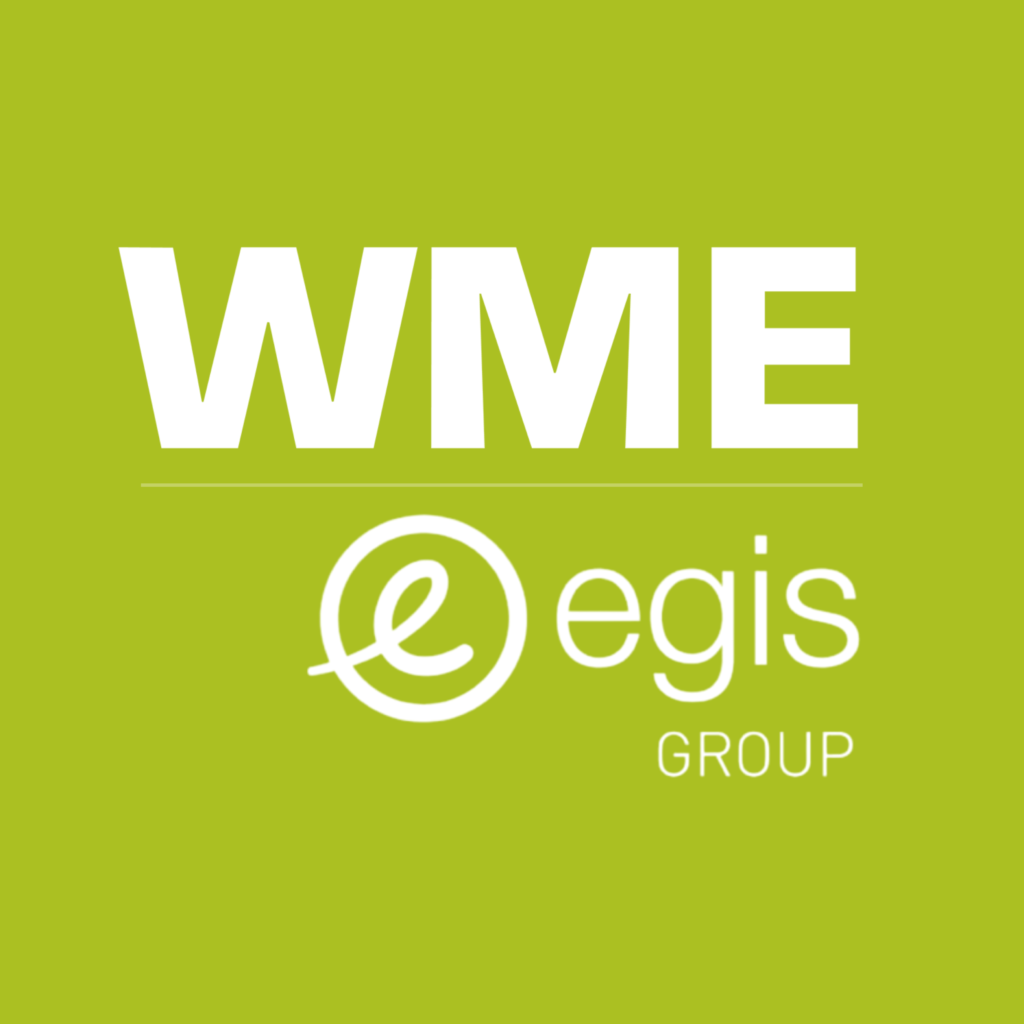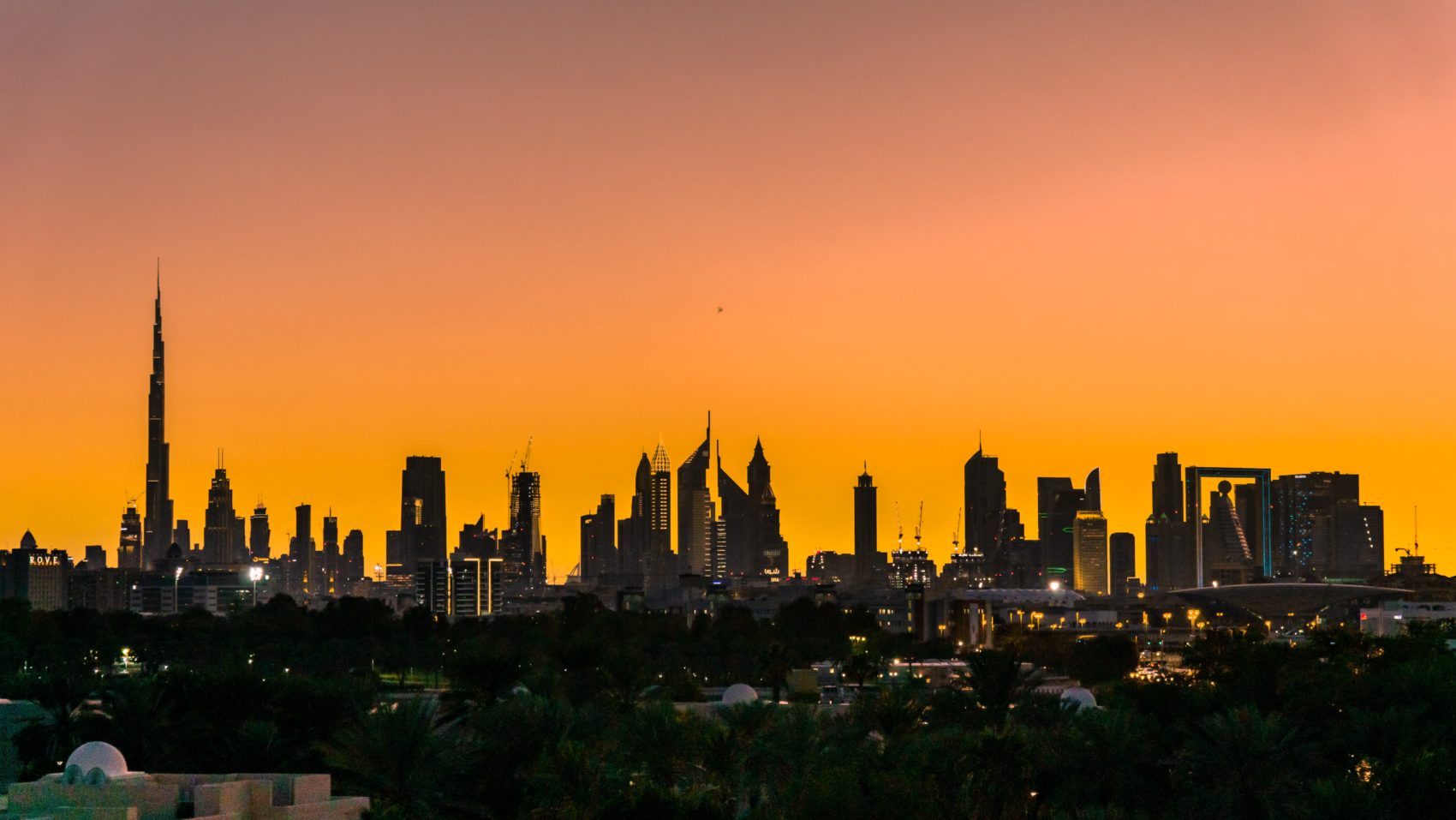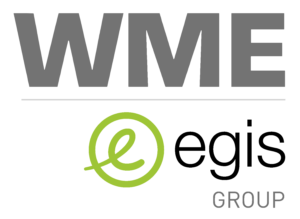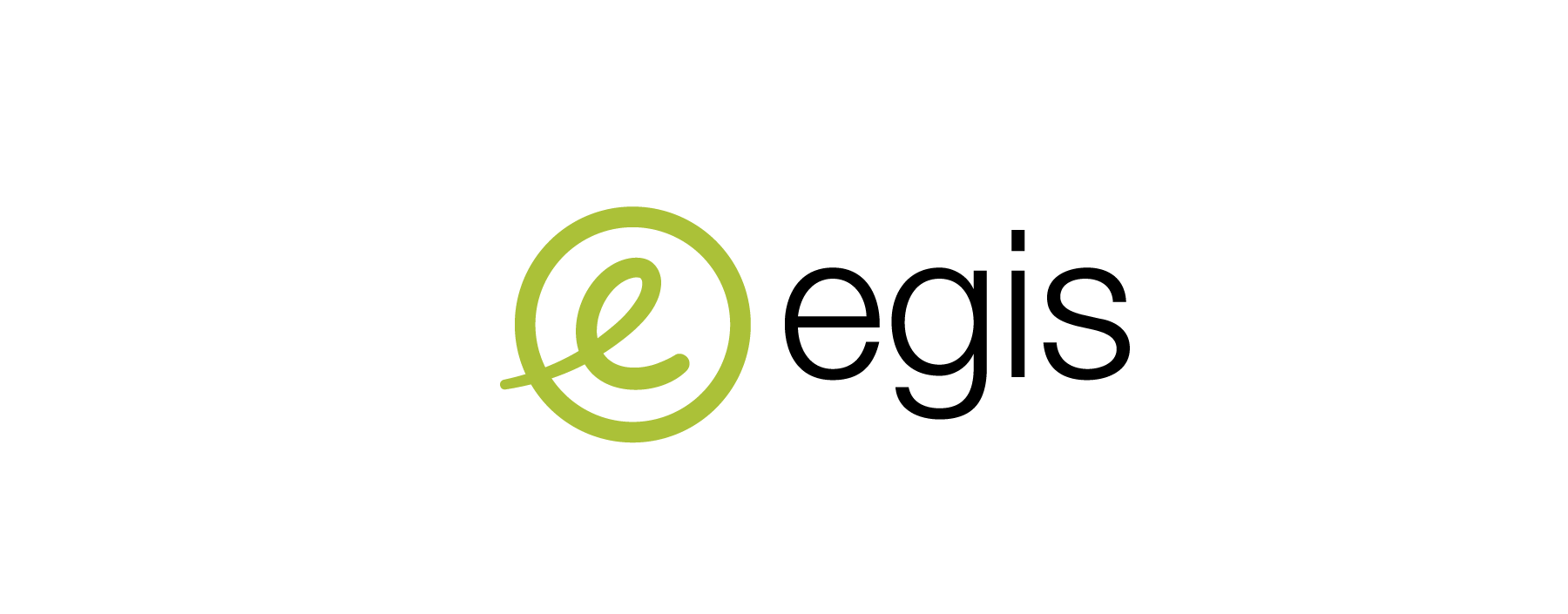WME Group Managing Director, Peyman Mohajer, gives his views on the recent pandemic and how WME are adapting to the times.
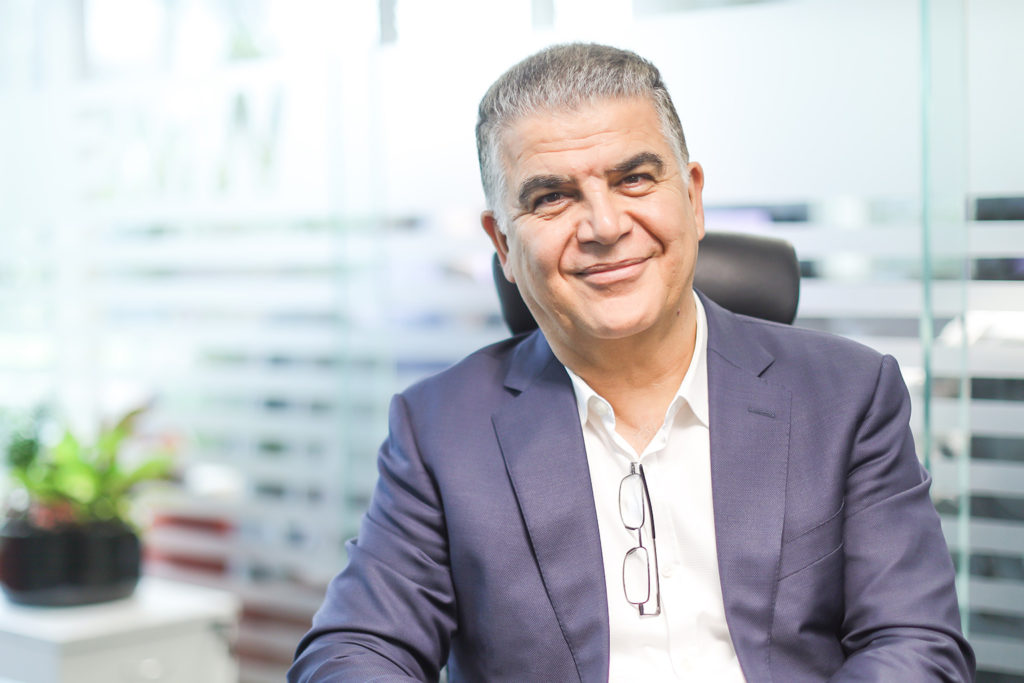
It was totally unexpected and caught all of us by surprise. We are in unprecedented times and I think no one really knows how long this pandemic is going to last. So after overcoming the initial shock we quickly accepted that we have entered a new reality in our industry. We noticed immediately the response from the developers asking for a significant discount in previously agreed rates and contracts. We had no choice but to accept it and at the same time restructure our business to cope with this new expectation on the fees. We had no choice but to reduce our cost base by a similar amount to match the unfolding reality of our market. This was coupled by a reduction in the number of RFPs and suspension of some of our large contracts. All the signs point to a contracting market for the rest of 2020 and hence adjusting our business strategy accordingly. This meant some painful decisions had to be made and executed very quickly in terms of salary reduction and retrenchment.
What traditional working methods are no longer feasible?
I was never a believer in remote working and always questioned its effectiveness and the quality of the work produced at home. As more time passed it became more and more evident that the quality and efficiency have not been affected and may have actually slightly improved under the lockdown condition. The realisation that the physical distance between people and offices does not matter any more suddenly opened up new opportunity that we don’t need all to be sitting in our offices in Dubai and we could be sitting anywhere in the world and providing the same service to where it required. This meant we can improve our efficiency by reducing our global cost and avoid duplication of resources and rely on cheaper cost base centres for support.
However, there are certain people who live with their family or colleagues in small accommodation and they are finding it challenging working remotely. They have expressed their wish to work from the office as soon as possible. This will be reviewed and managed considering the guidelines from the Government for creating safe working spaces and respecting social distancing.
How has innovation in strategies assisted with complex builds whilst maintaining safety, and what have they been?
The innovation in remote working and digitisation of the design processes have facilitated the remote working and enhanced the quality of our design and improved our efficiency. We are making inroads in Parametric design and digitisation of the design in building services. Connecting the design tools to BIM and rationalisation of the steps in the production of well-coordinated working drawings are underway.
How are you motivating staff that are having to work remotely?
The key to keeping staff motivated is by being connected “virtually”. We are encouraging and facilitating this connection remotely with things like – webinars, yoga, coffee clubs and meeting regularly to discuss both technical and social status of projects and people.
It’s not easy working in isolation so if we can help the staff to feel like they are in a team this will motivate them. There are staff that are struggling with working remotely with the pressures of family at home and we are trying to help these guys to resume office working once this is safe to do so.
Communication with the team, sharing our approach and strategy on an evolving basis is important so we are not keeping our staff in the dark is important. Even if the outcome is not always positive, if we can explain why we are making decisions at times this can make it easier to understand.
Our staff have really kept us motivated, the level of commitment and efficiency in the team is so incredible to watch on a daily basis and we will do what we have to ensure we weather this storm together.
What changes have you seen in the industry that should become permanent for future builds?
I think remote working is a new culture that would remain with us post-pandemic. The need for permanent office spaces reduces and hot-desking will become a norm. Global practices become more confident in sharing work globally and consider opportunities that may have not been feasible in the past. The new culture will streamline operations and engage centres of excellence regardless of their location. Efficiency will improve and duplication of resources will be avoided. There will be more digitisation drive and less reliance on manual engineering processes and more reliance on technology and innovation in the design process.
